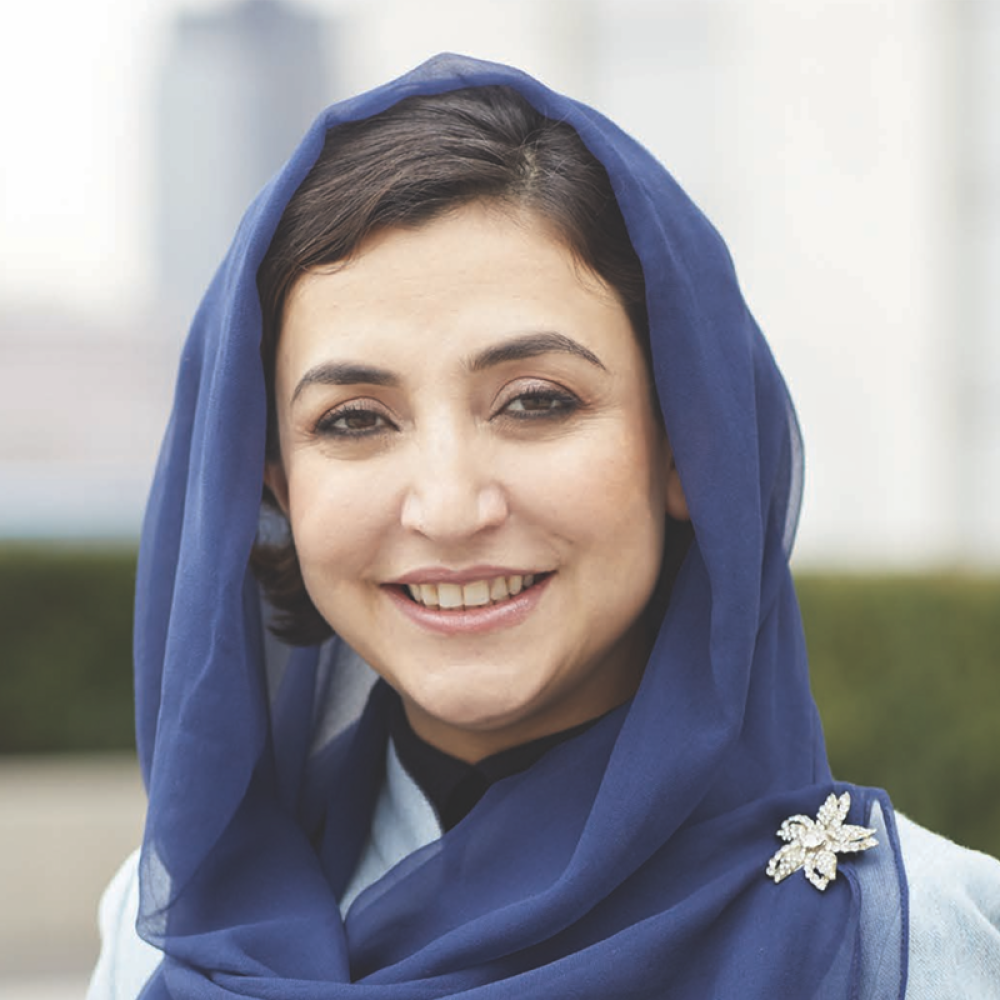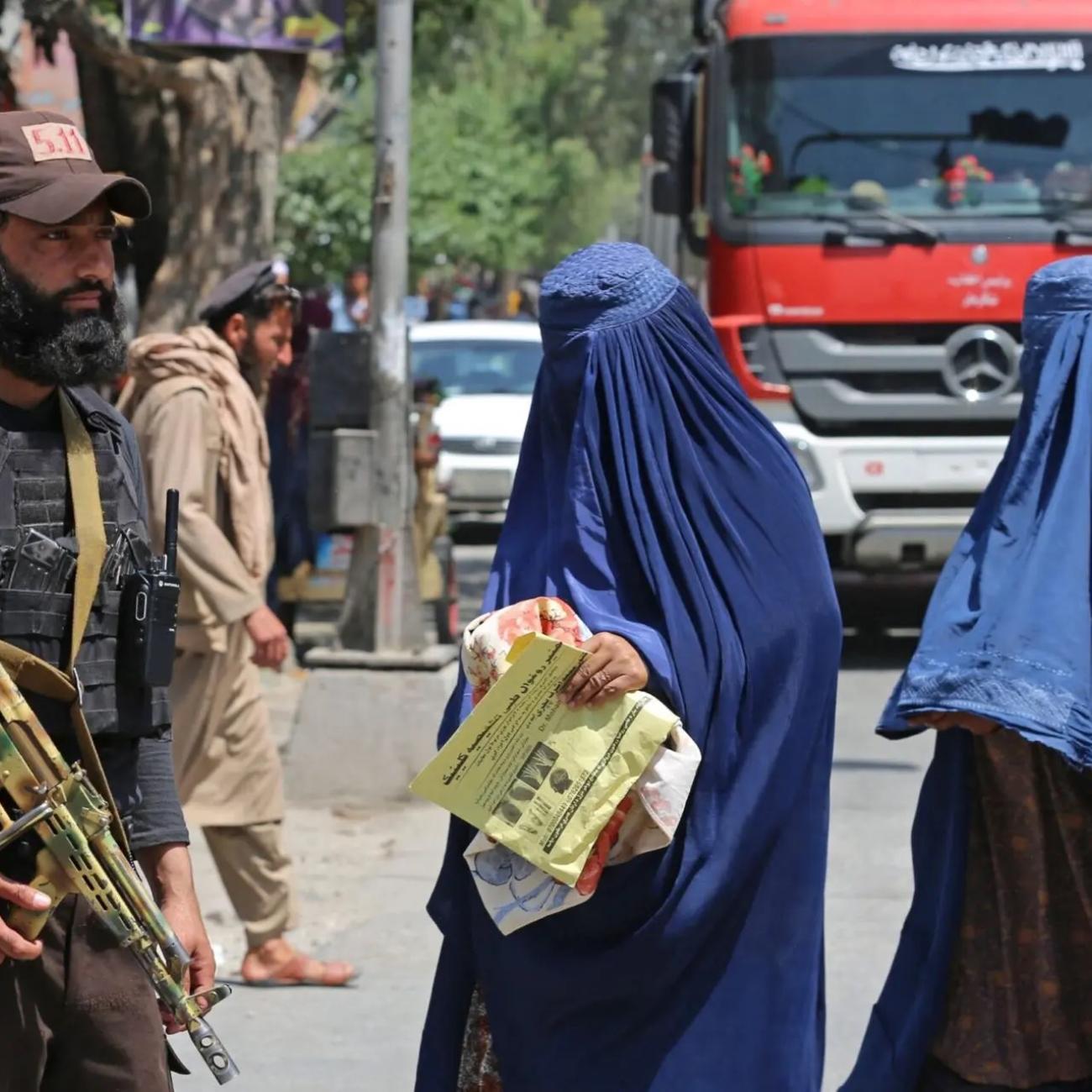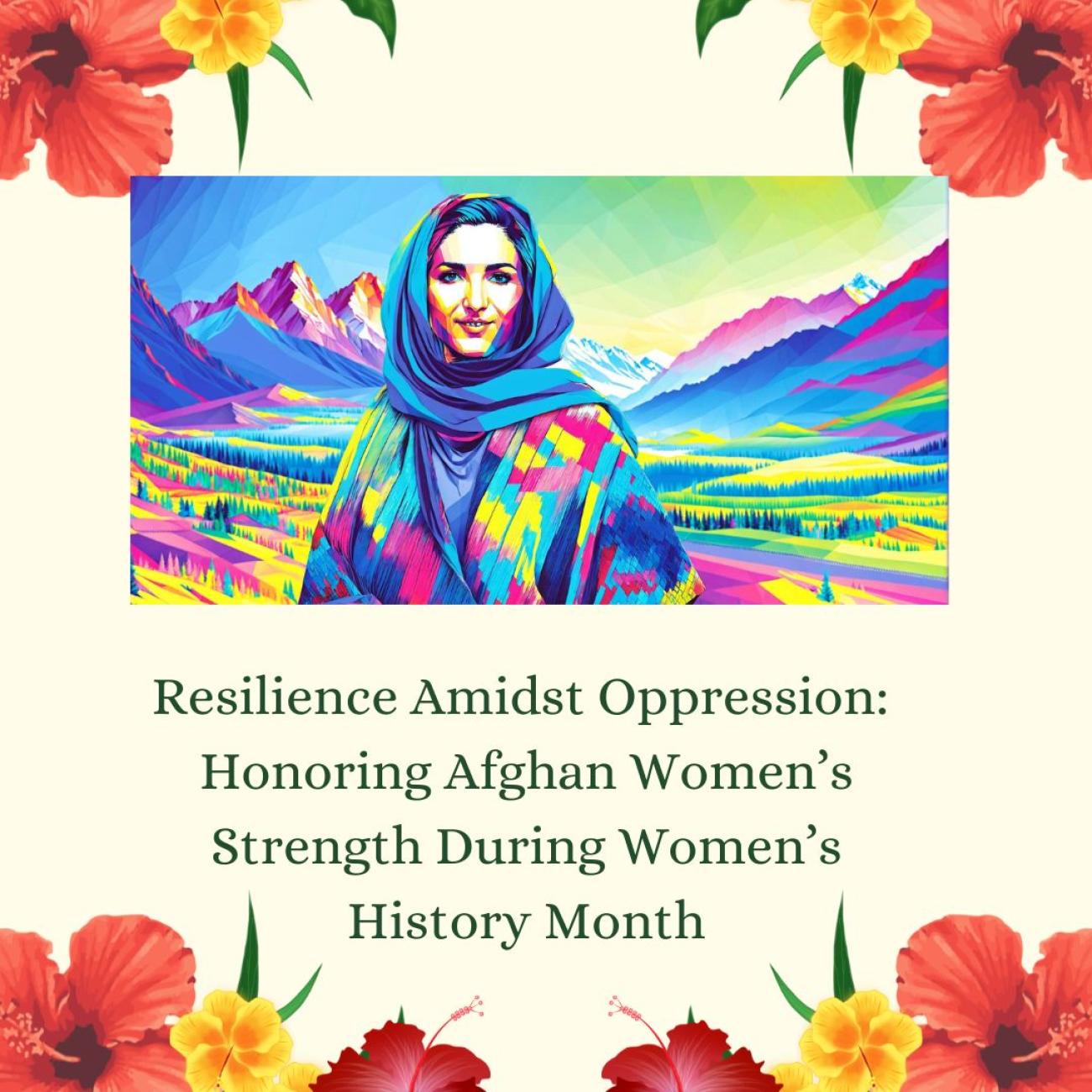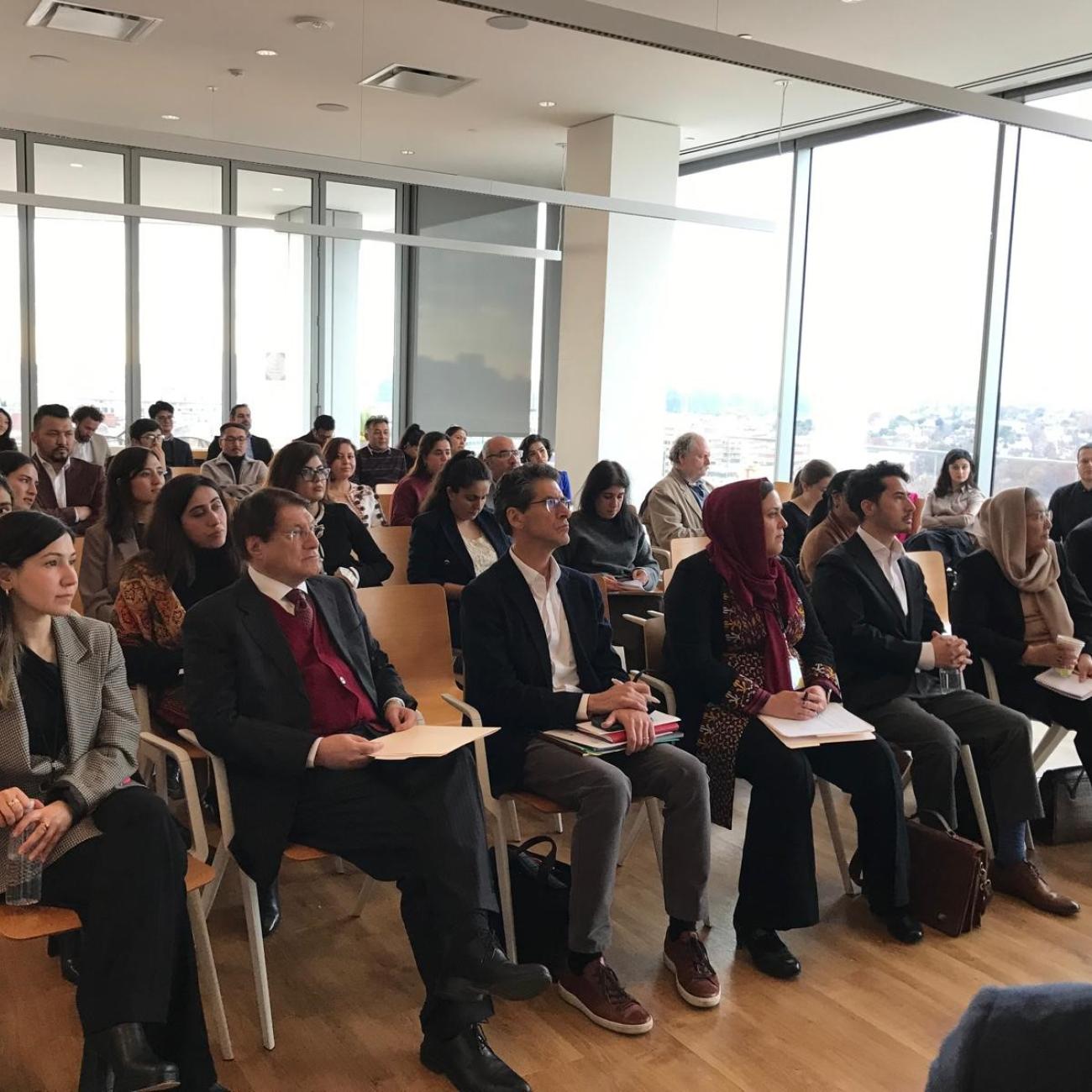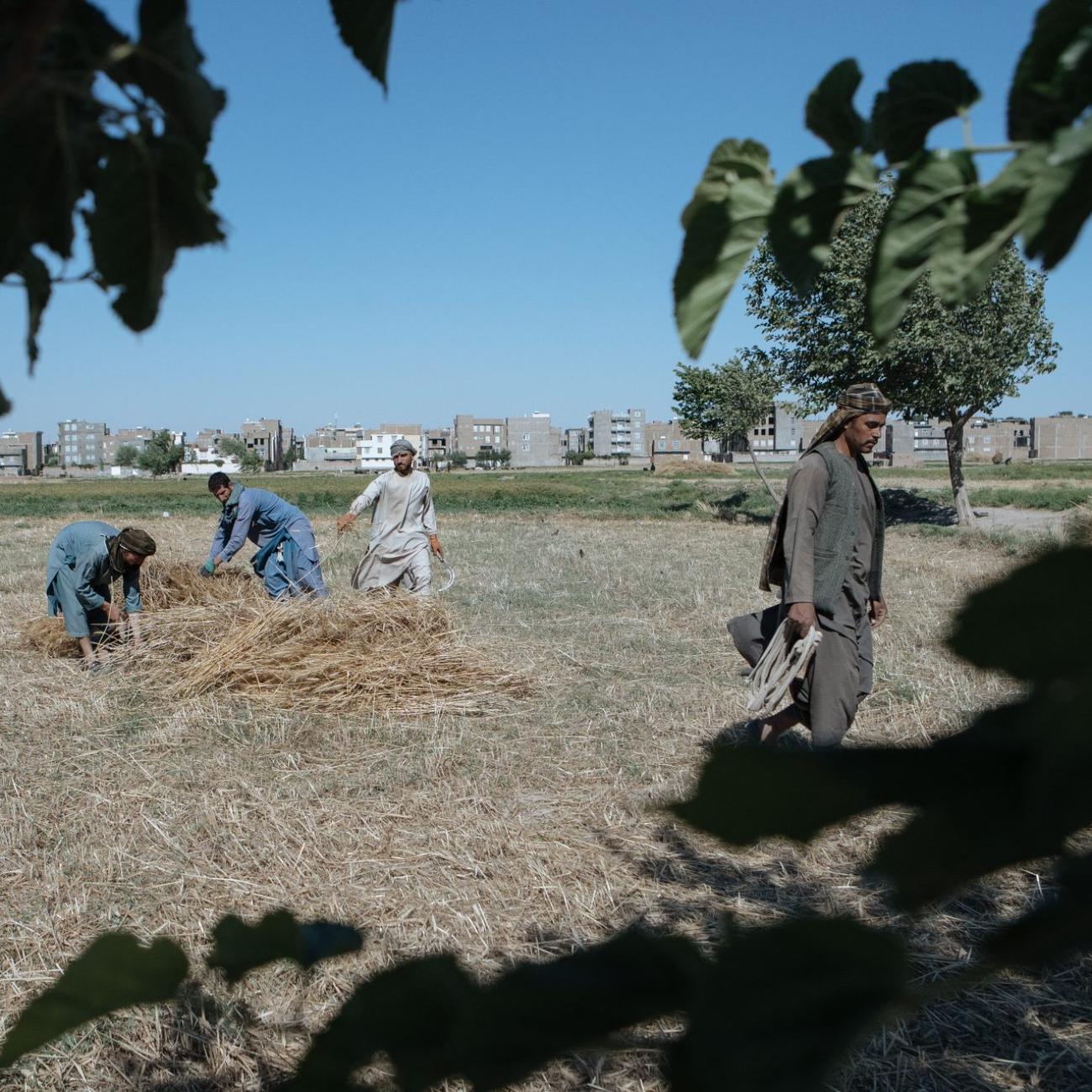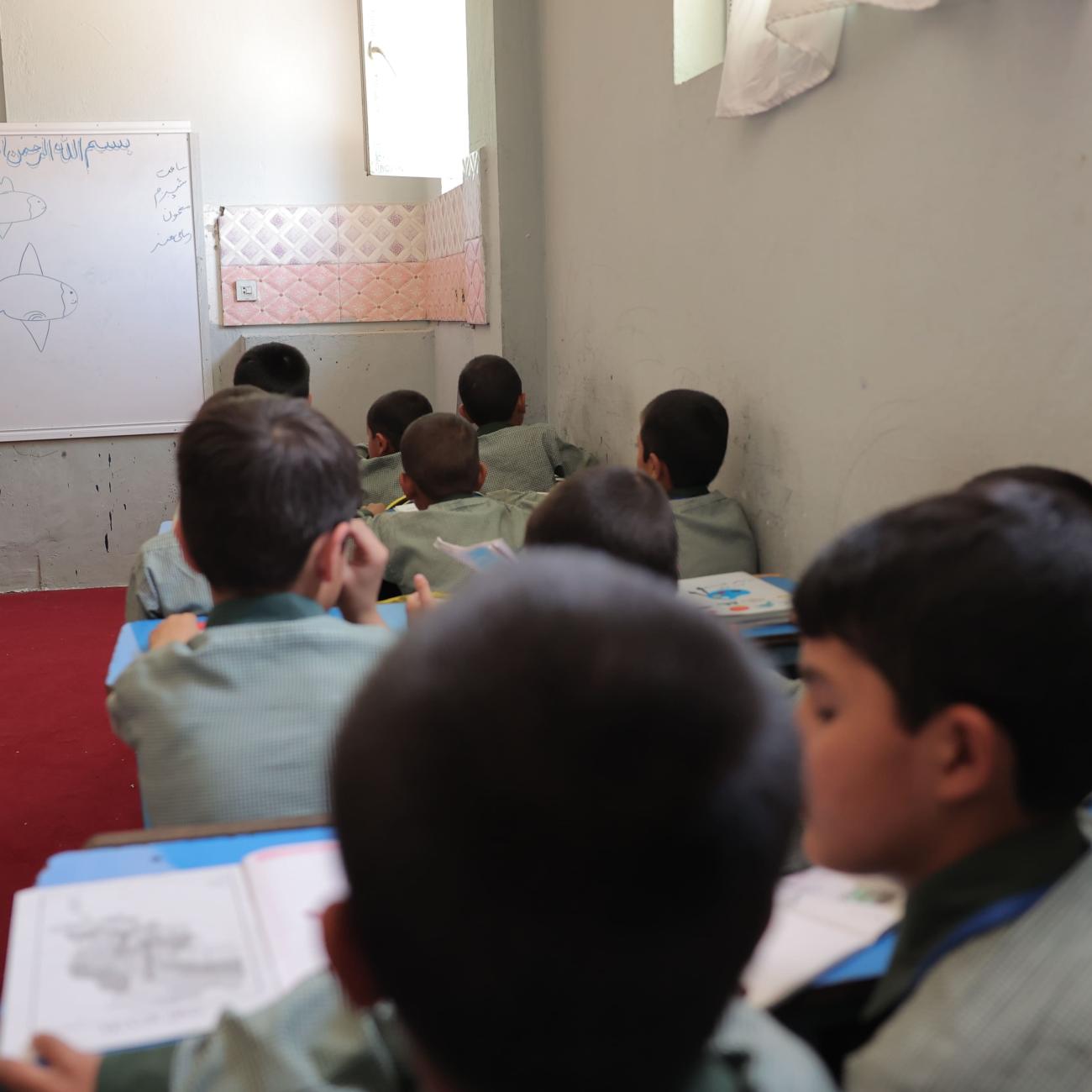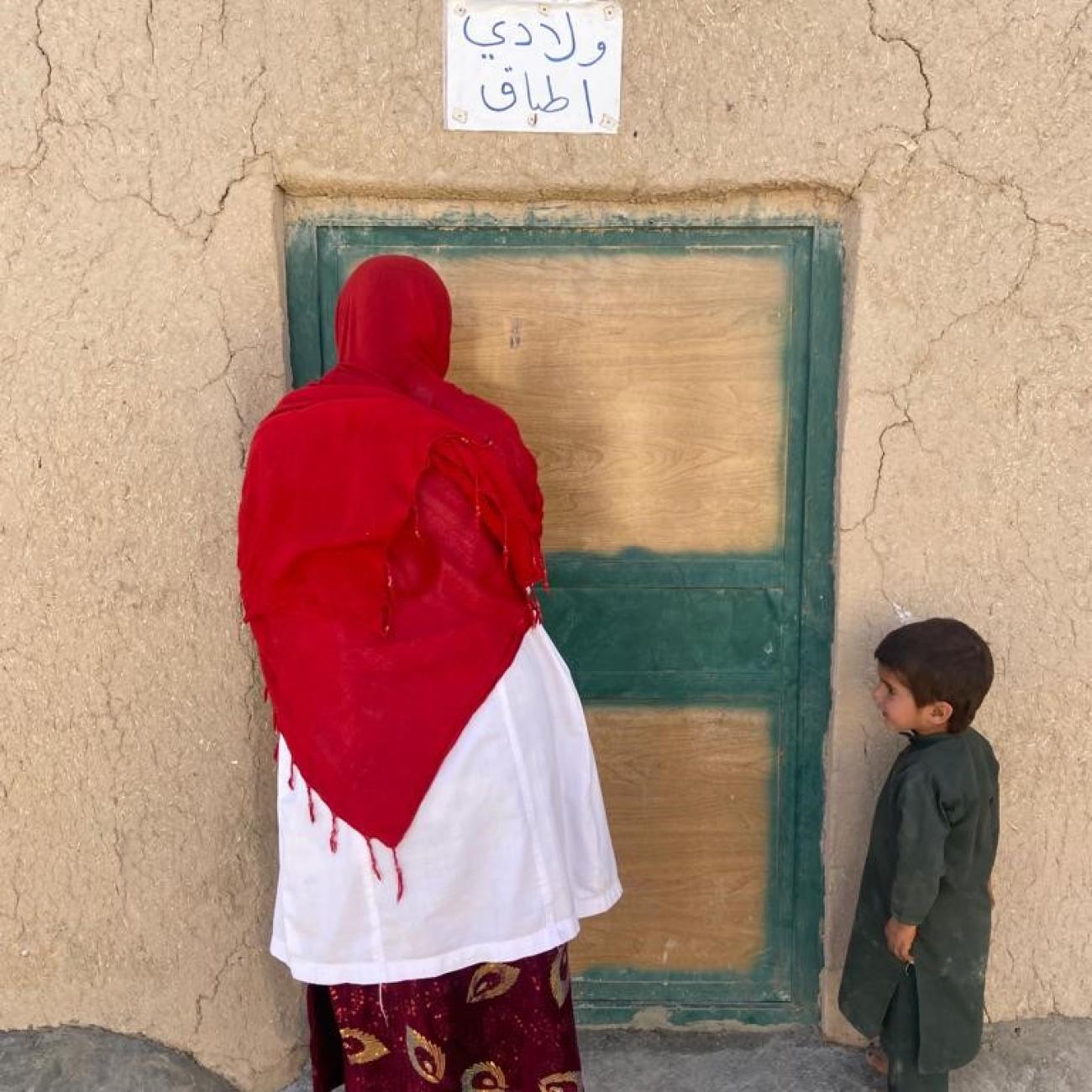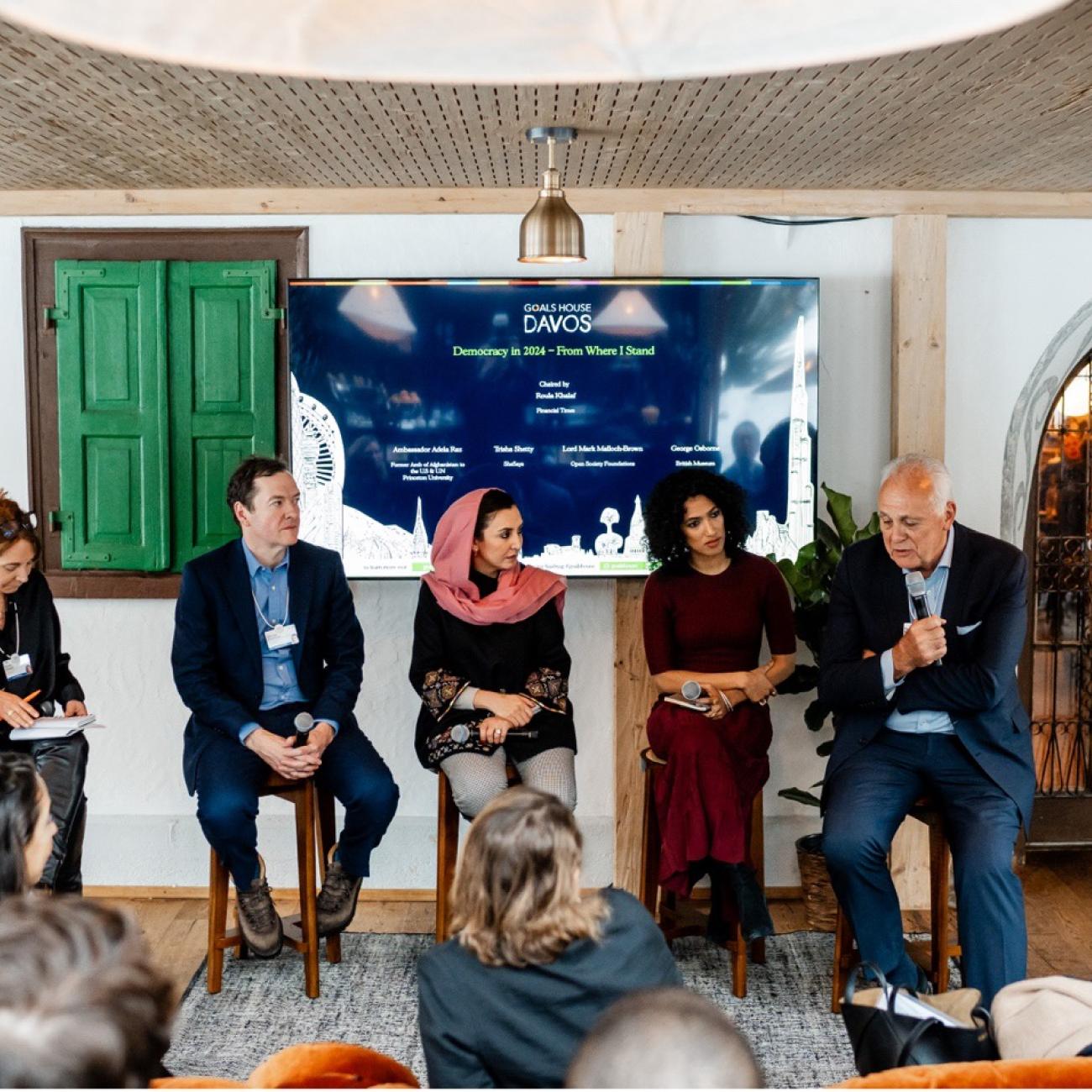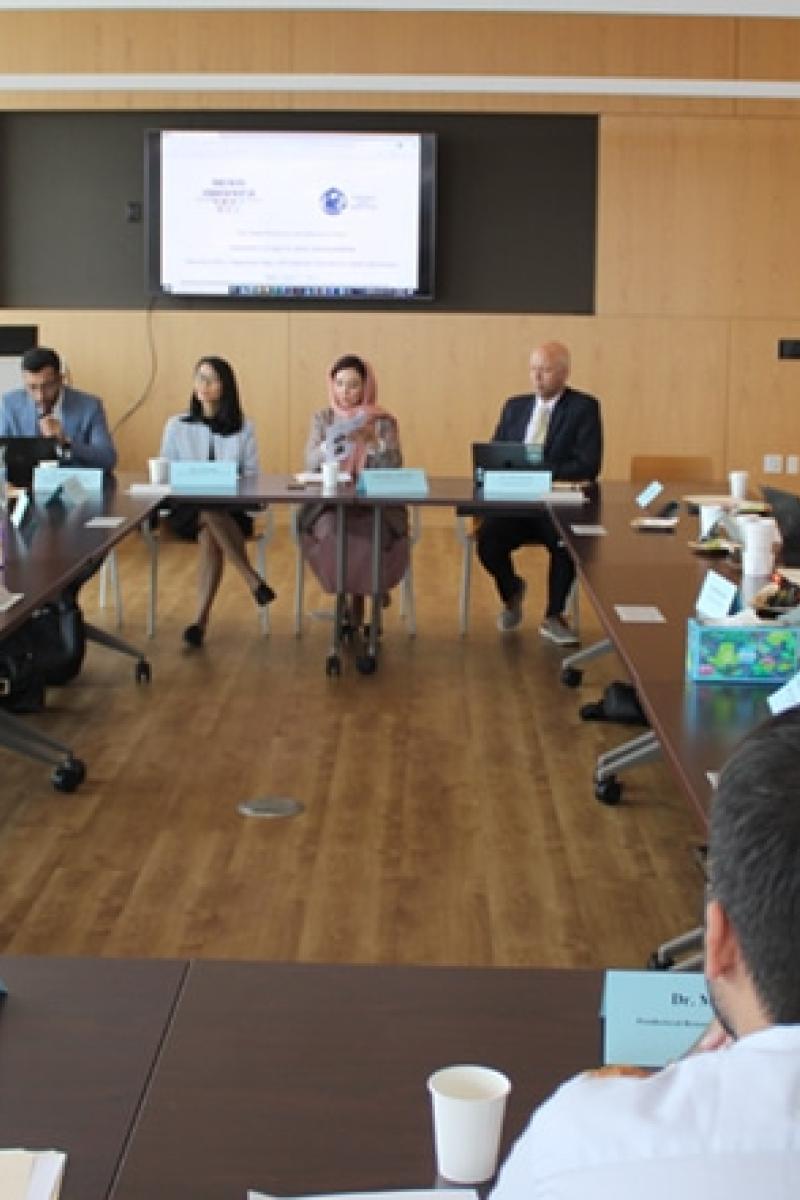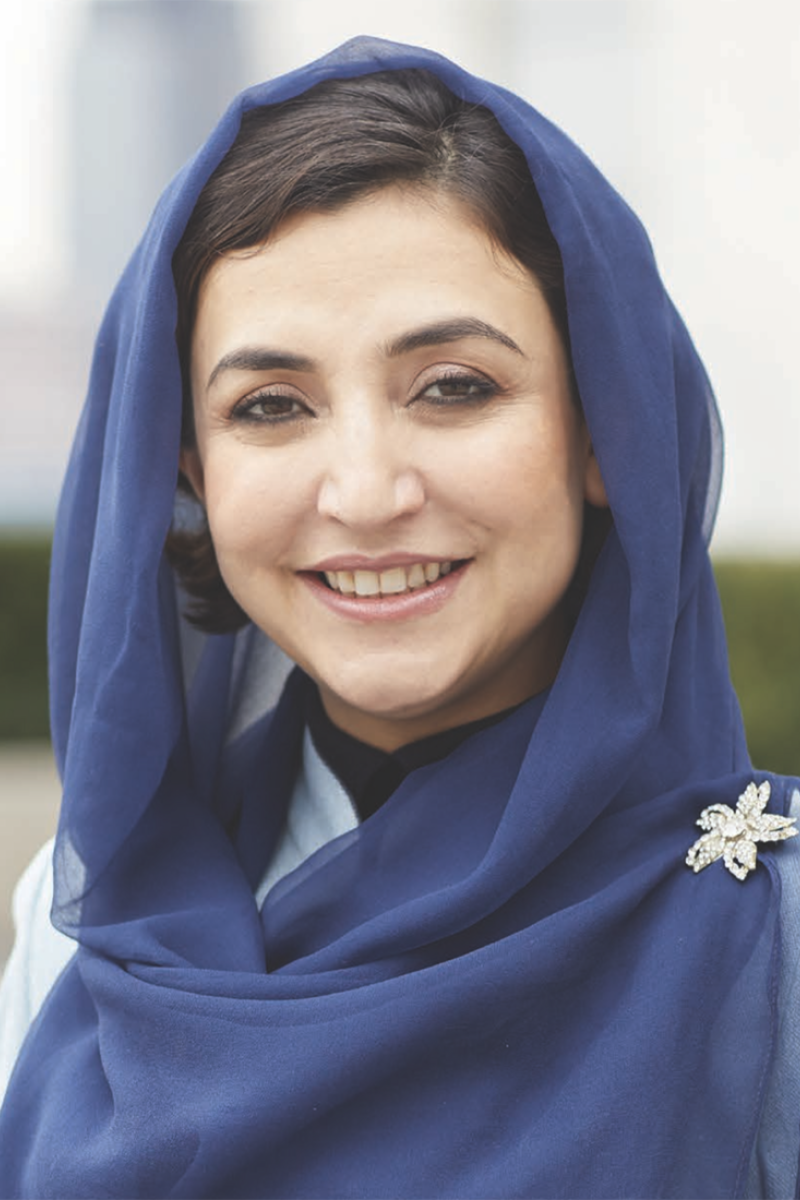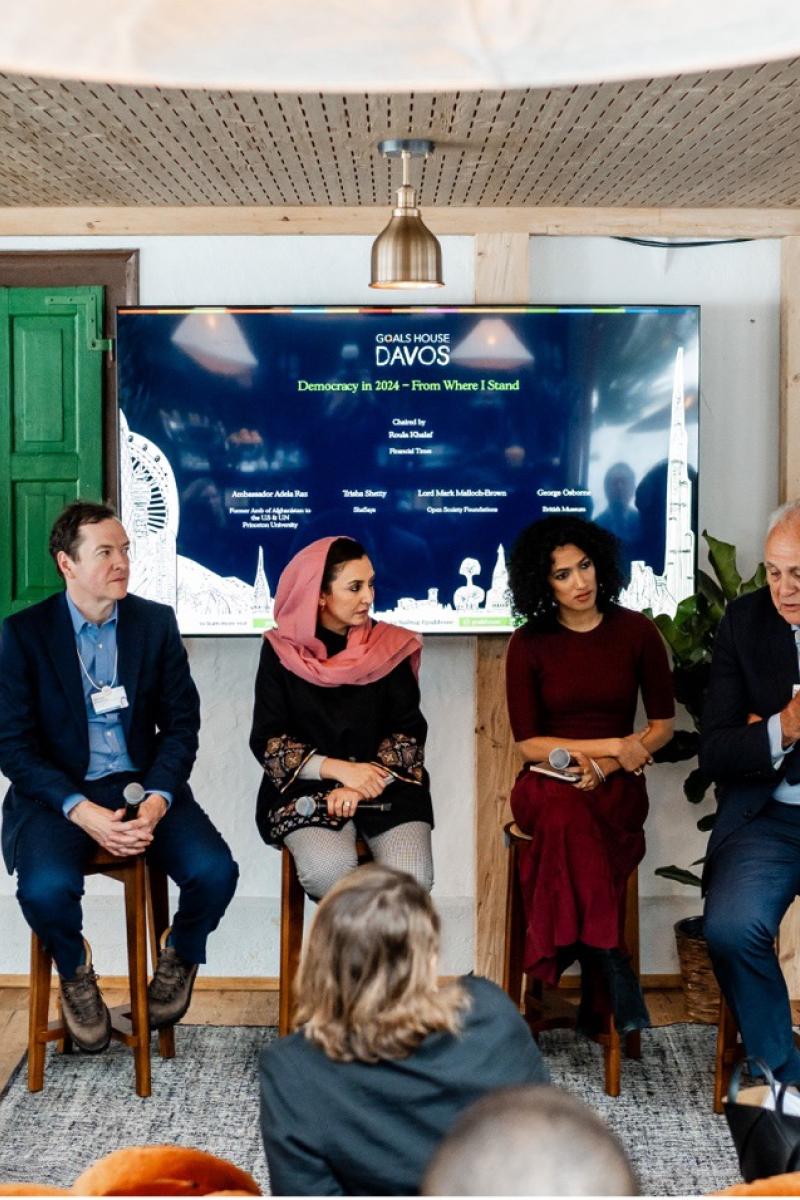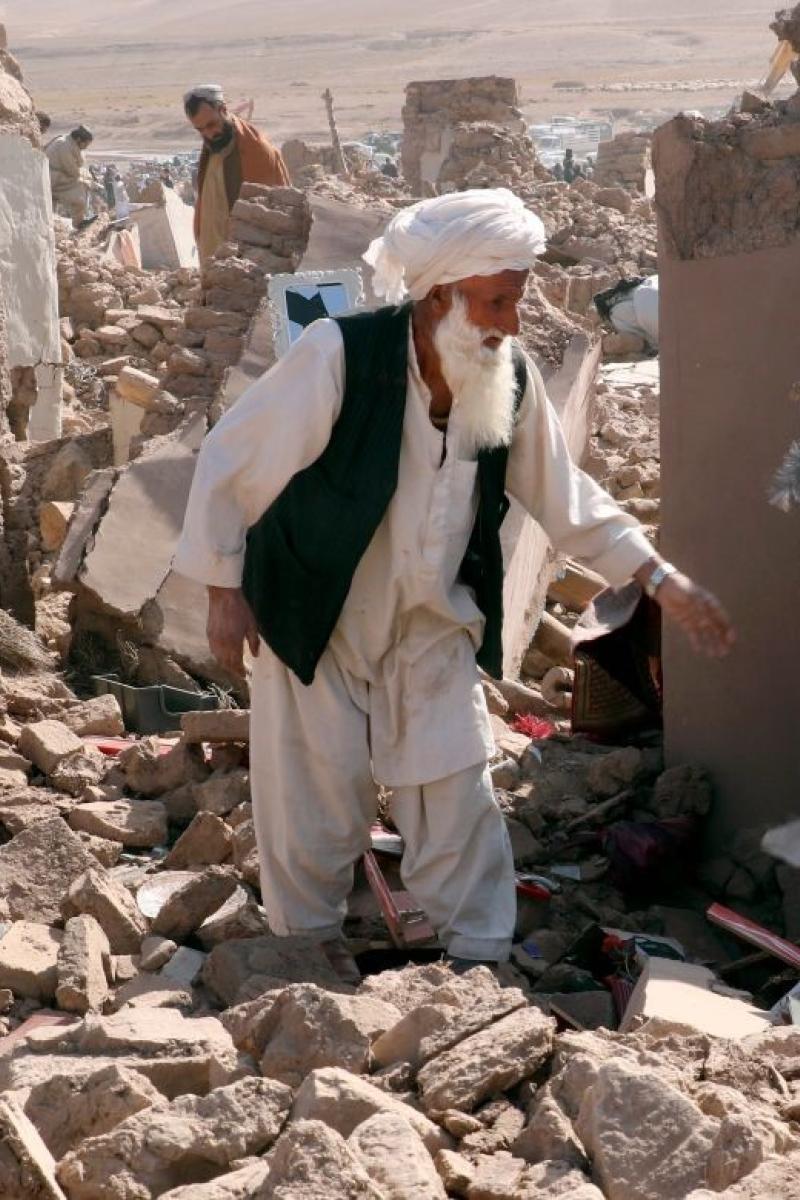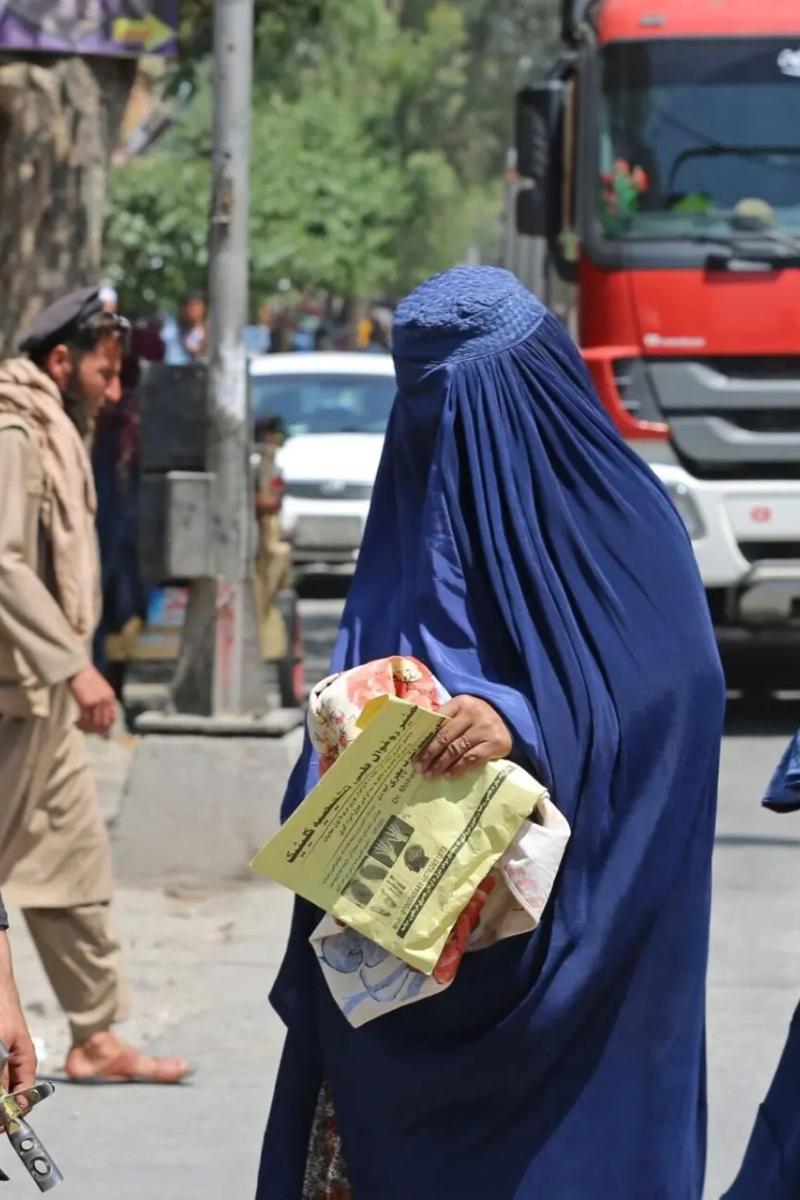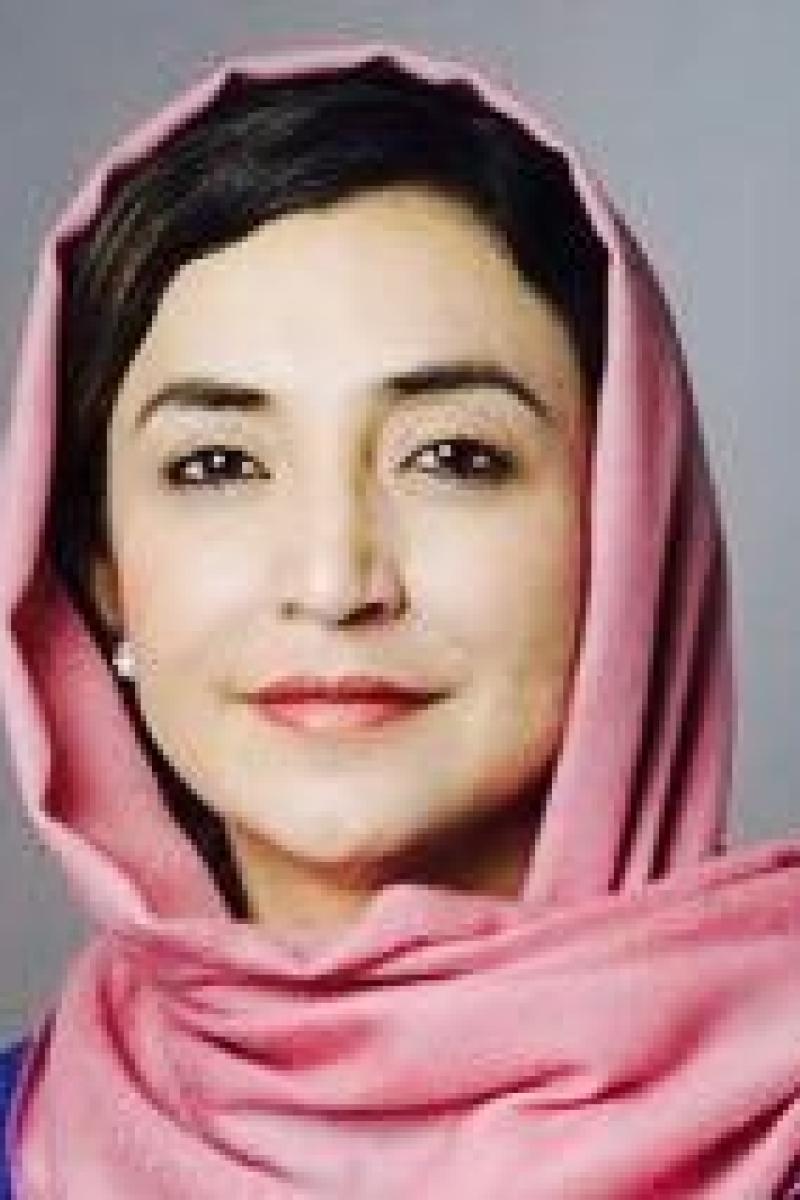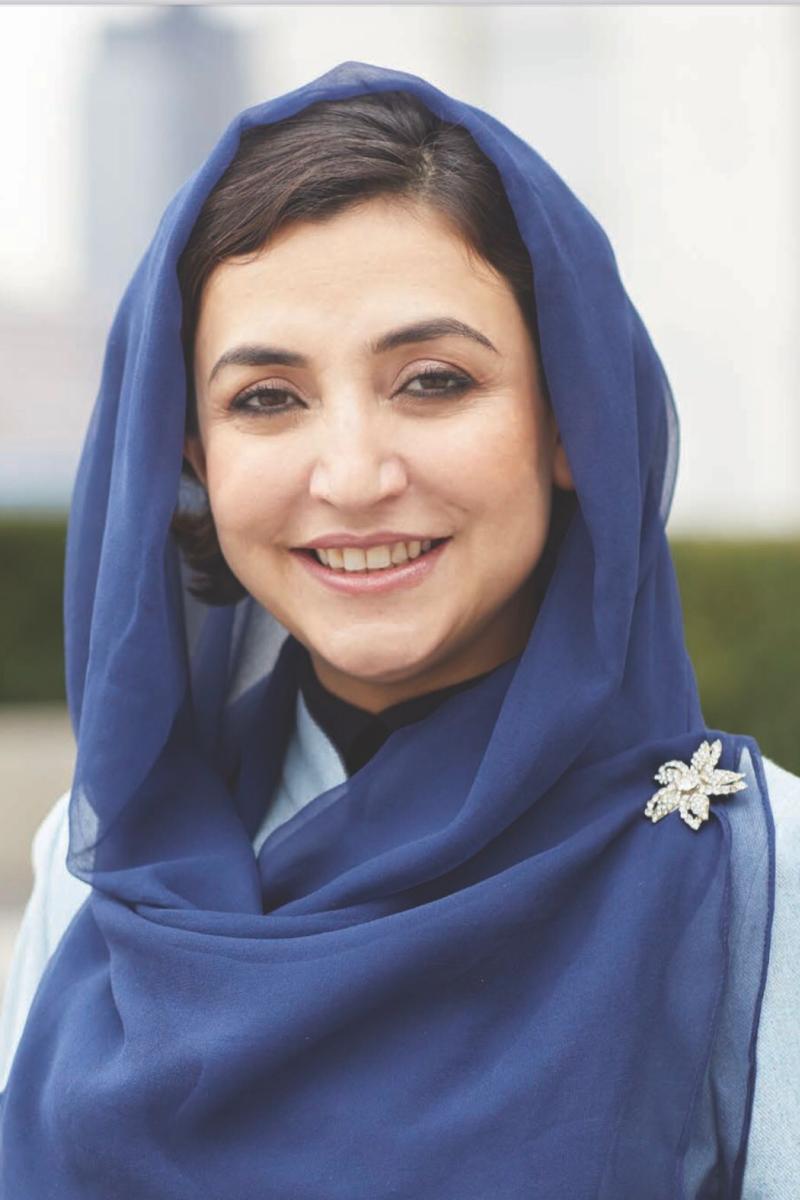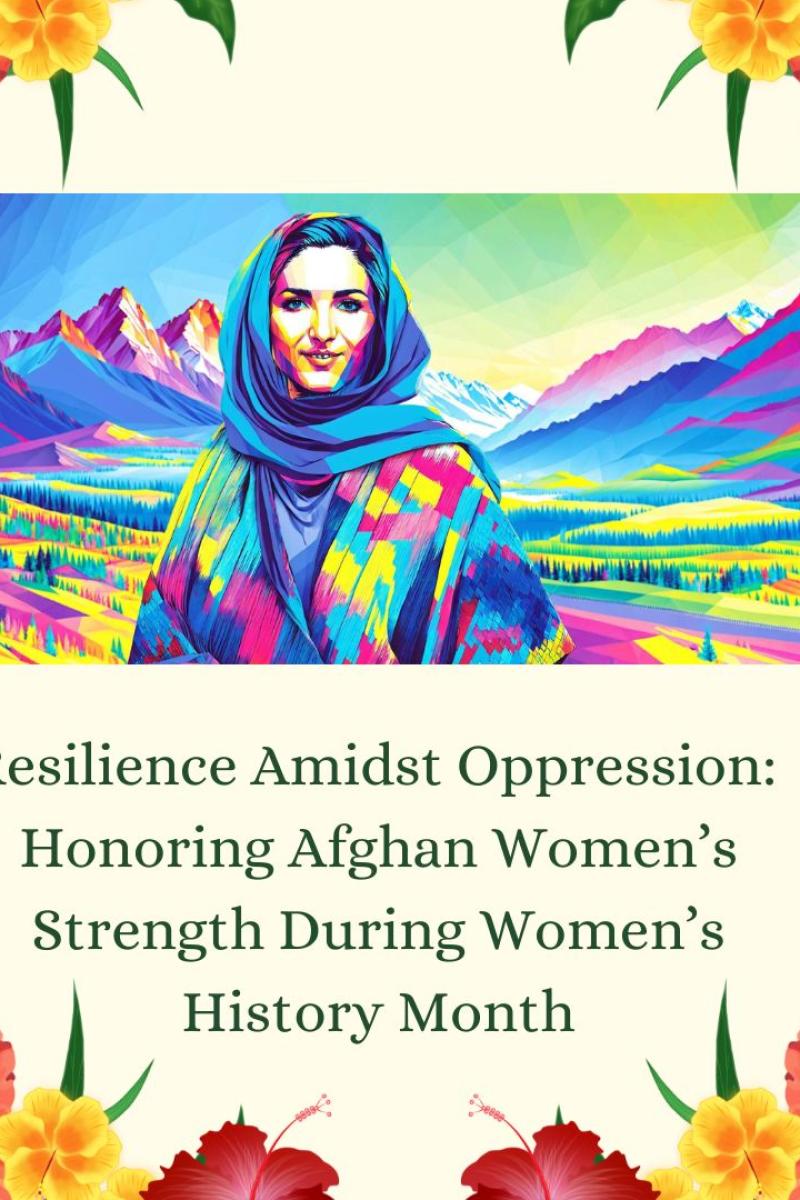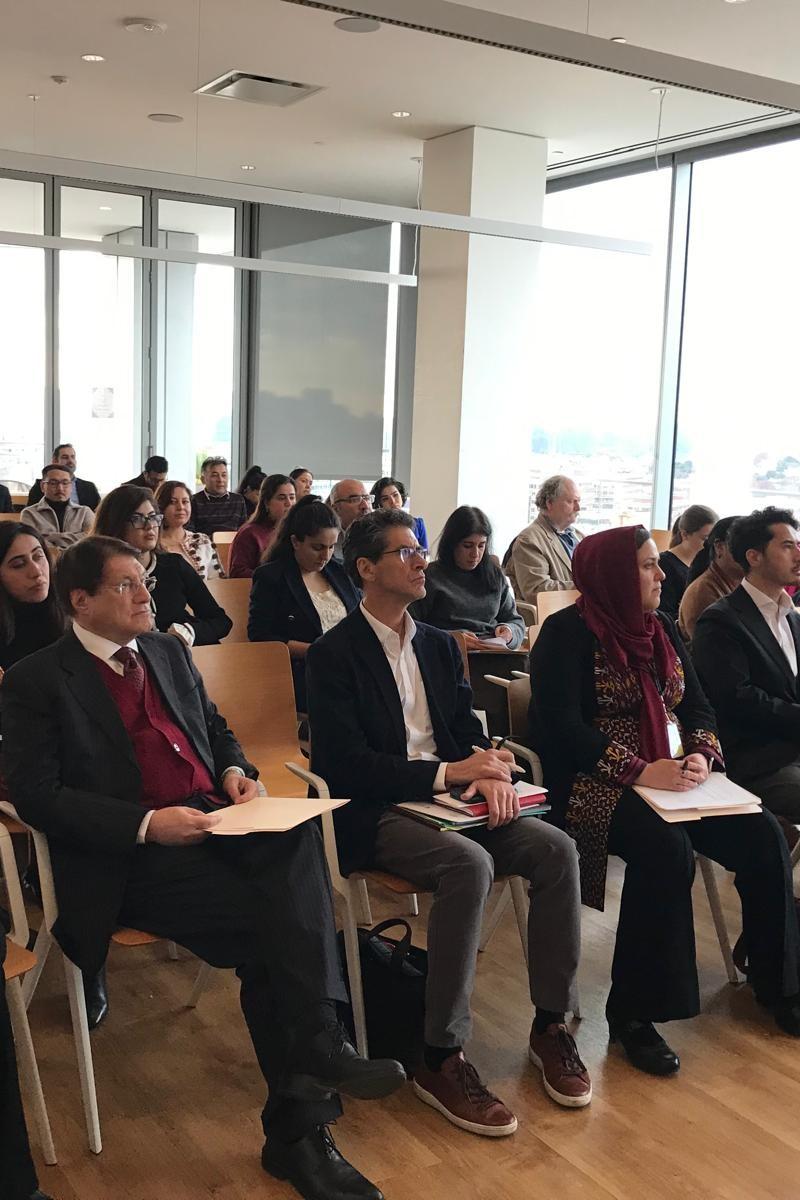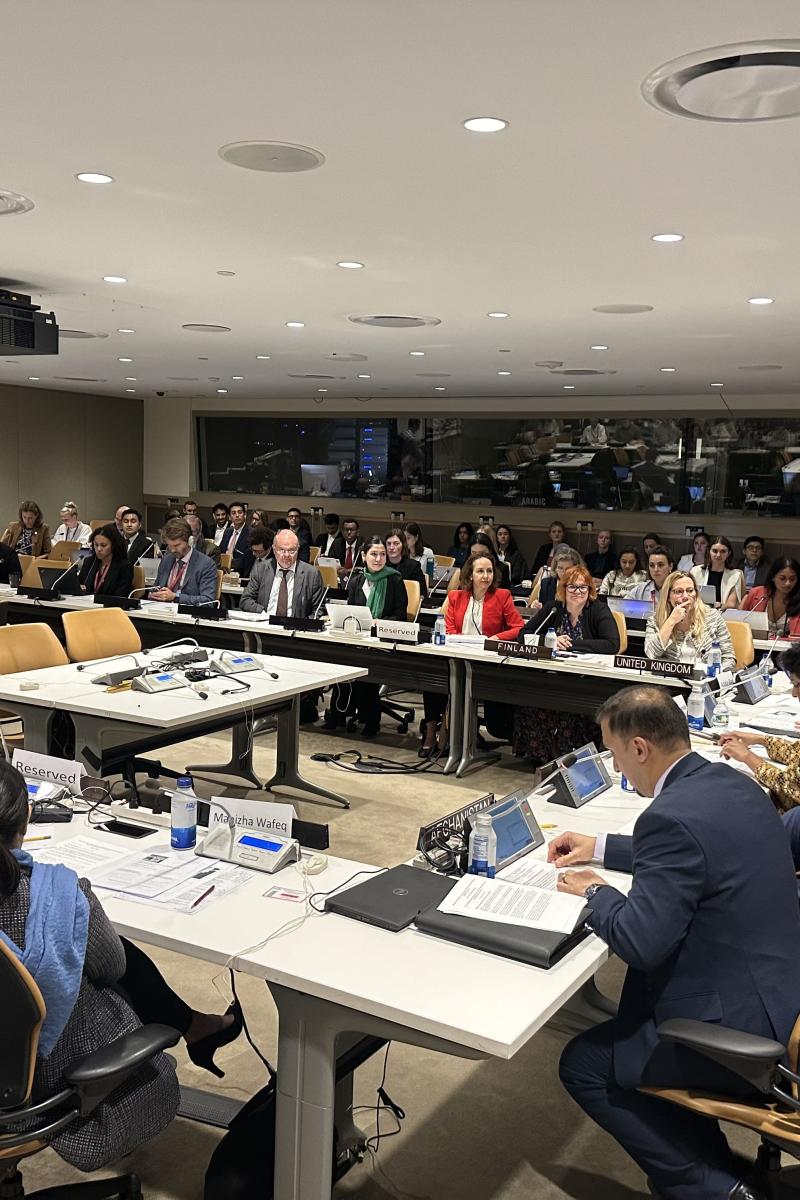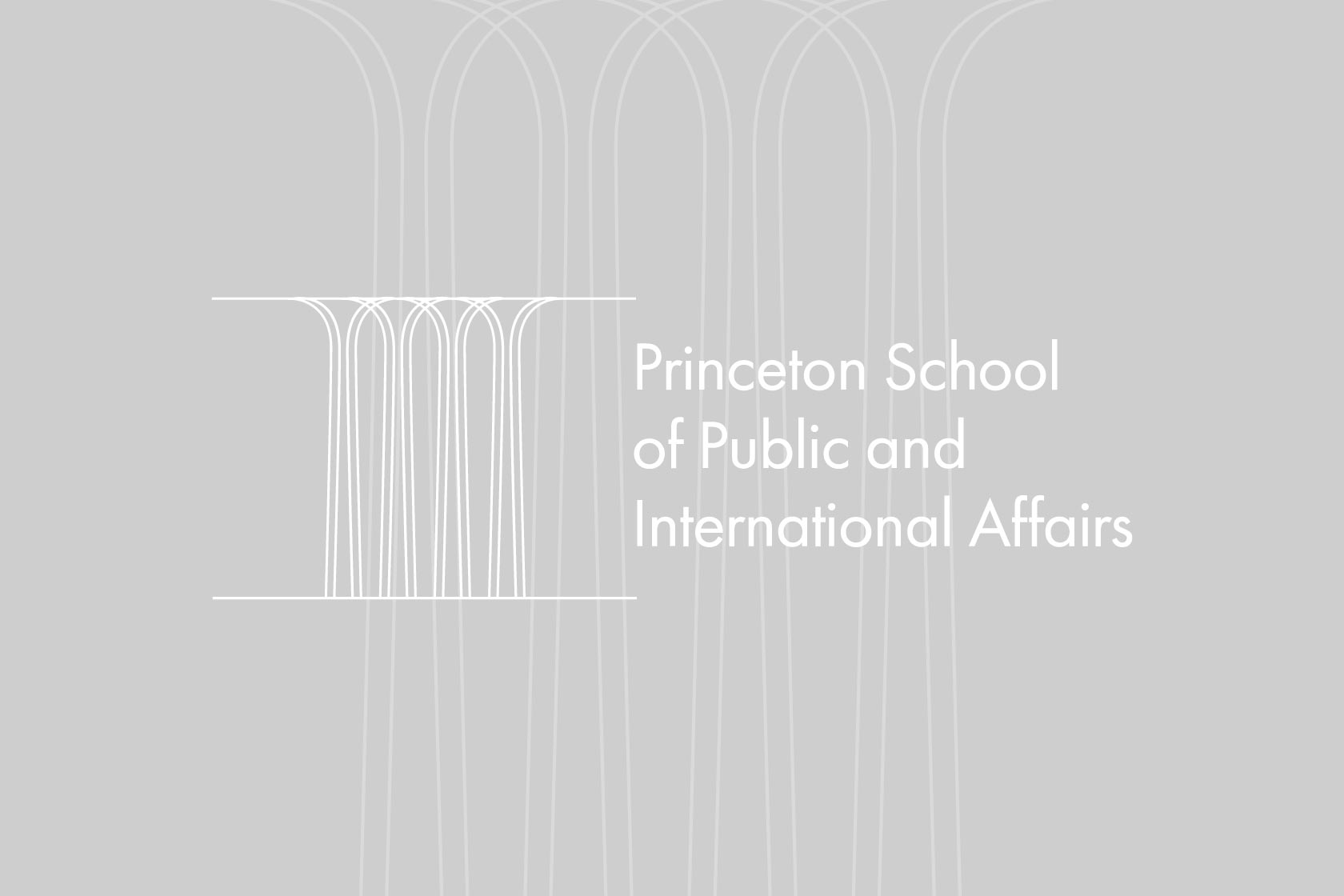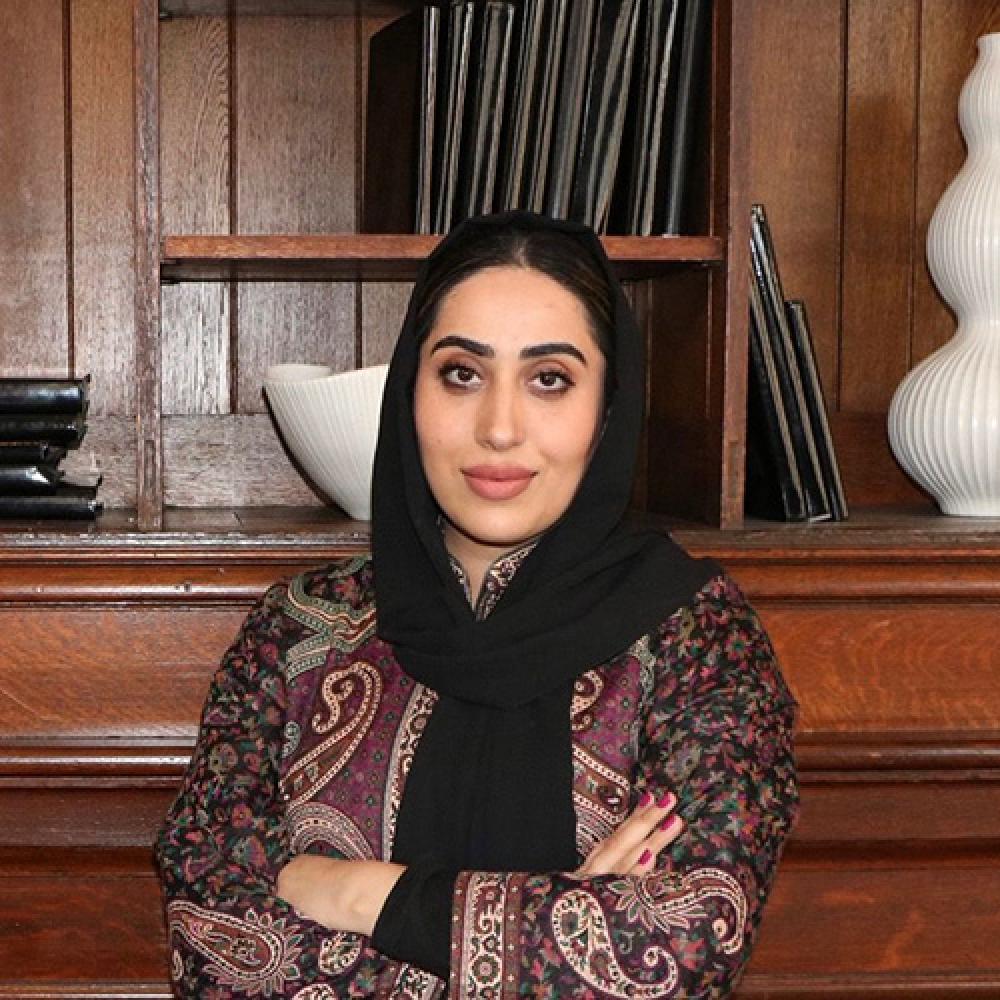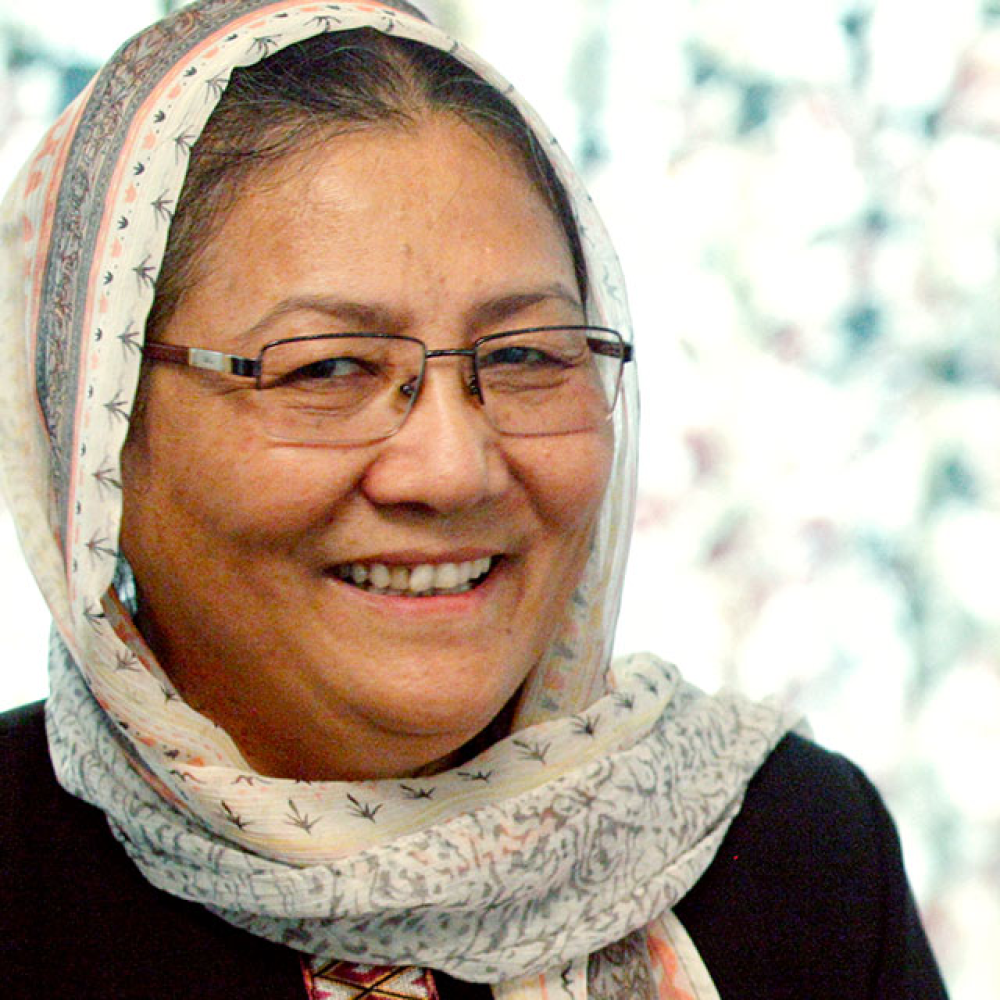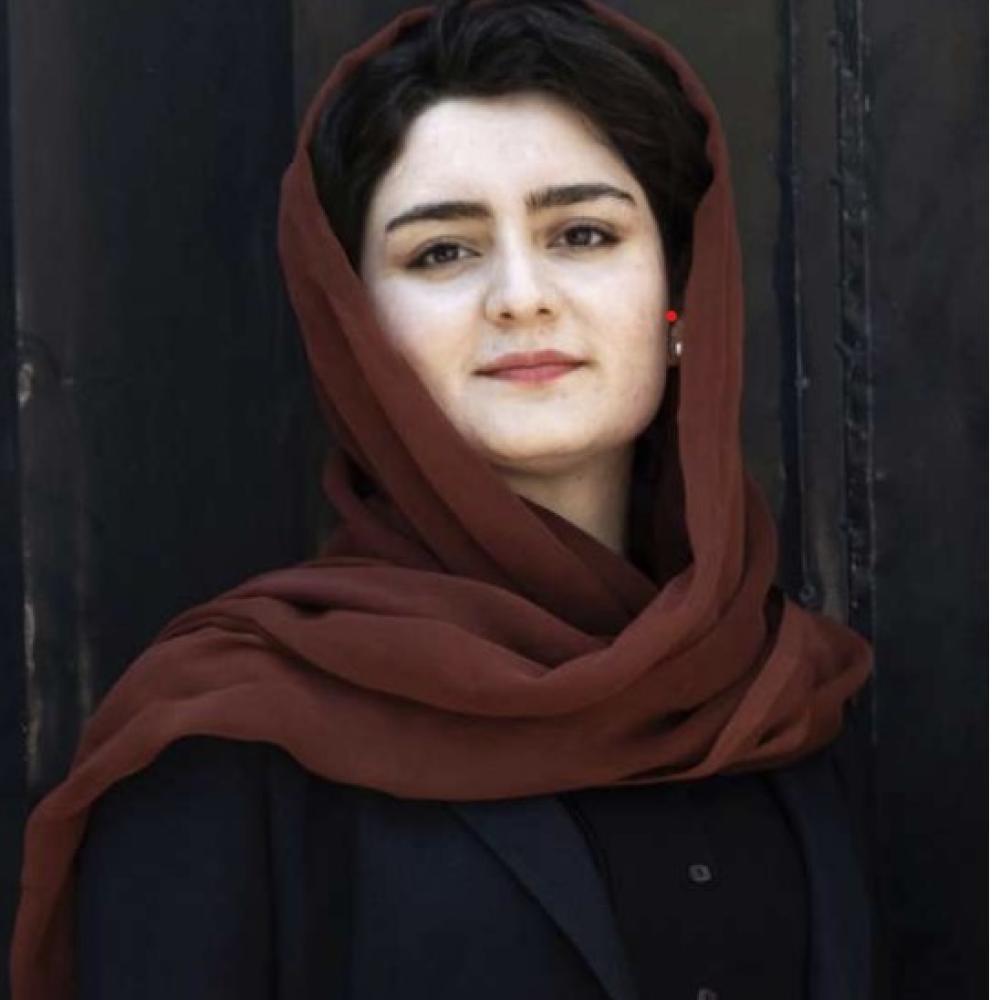
SPIA Afghanistan Policy Lab
Publications: Policy Papers
Reclaiming the Future: Rethinking Peace and Transitional Justice with Afghan Youth Amid Deepening Existential Threats
A Holistic Framework for Educating Girls in Taliban-Controlled Afghanistan

An Investigation Report: Supporting Afghan Women Protesters

Assessing Key Trends in The Afghan Economy Three Years into The Taliban Rule
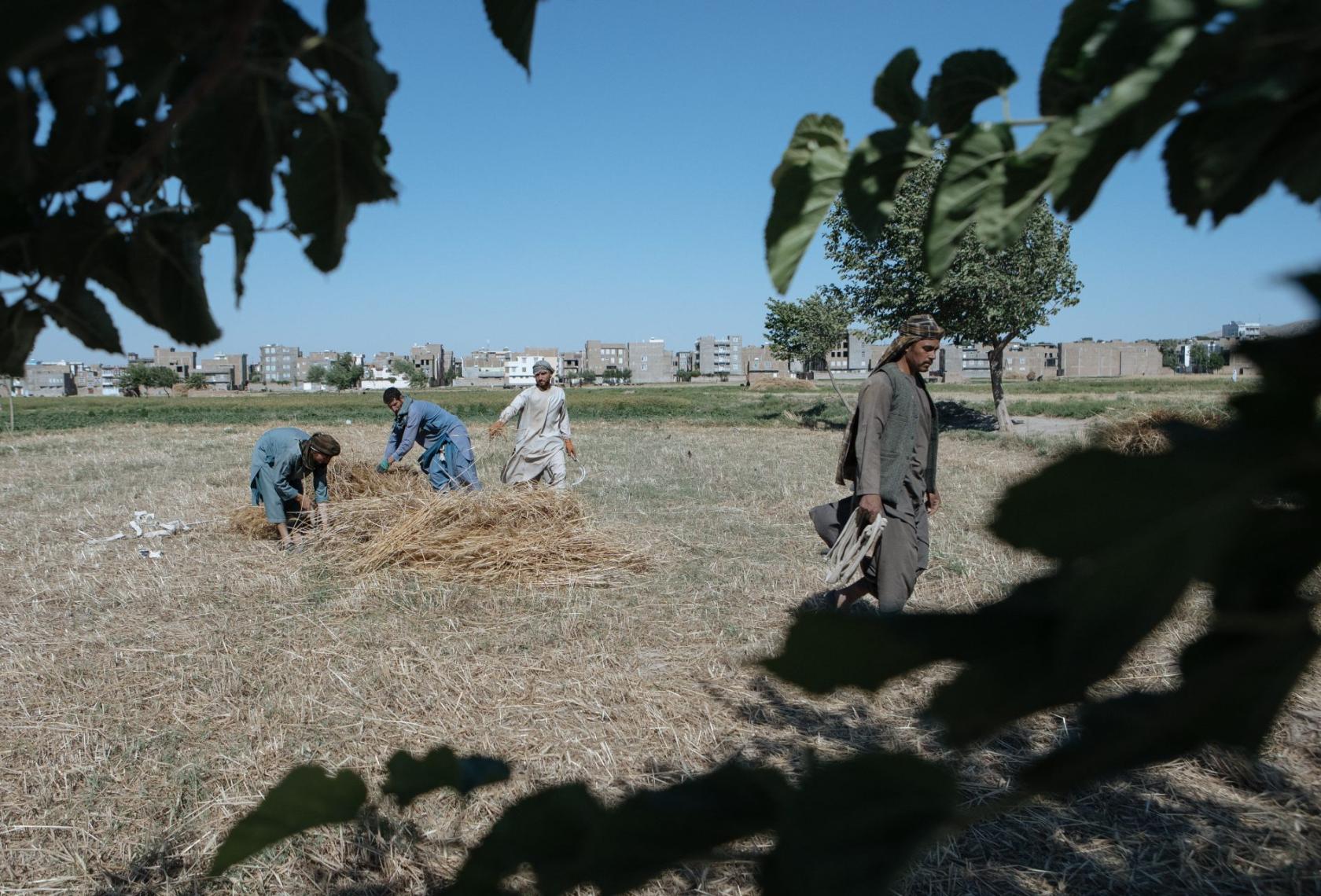
The Correlates of Food Insecurity in Afghanistan
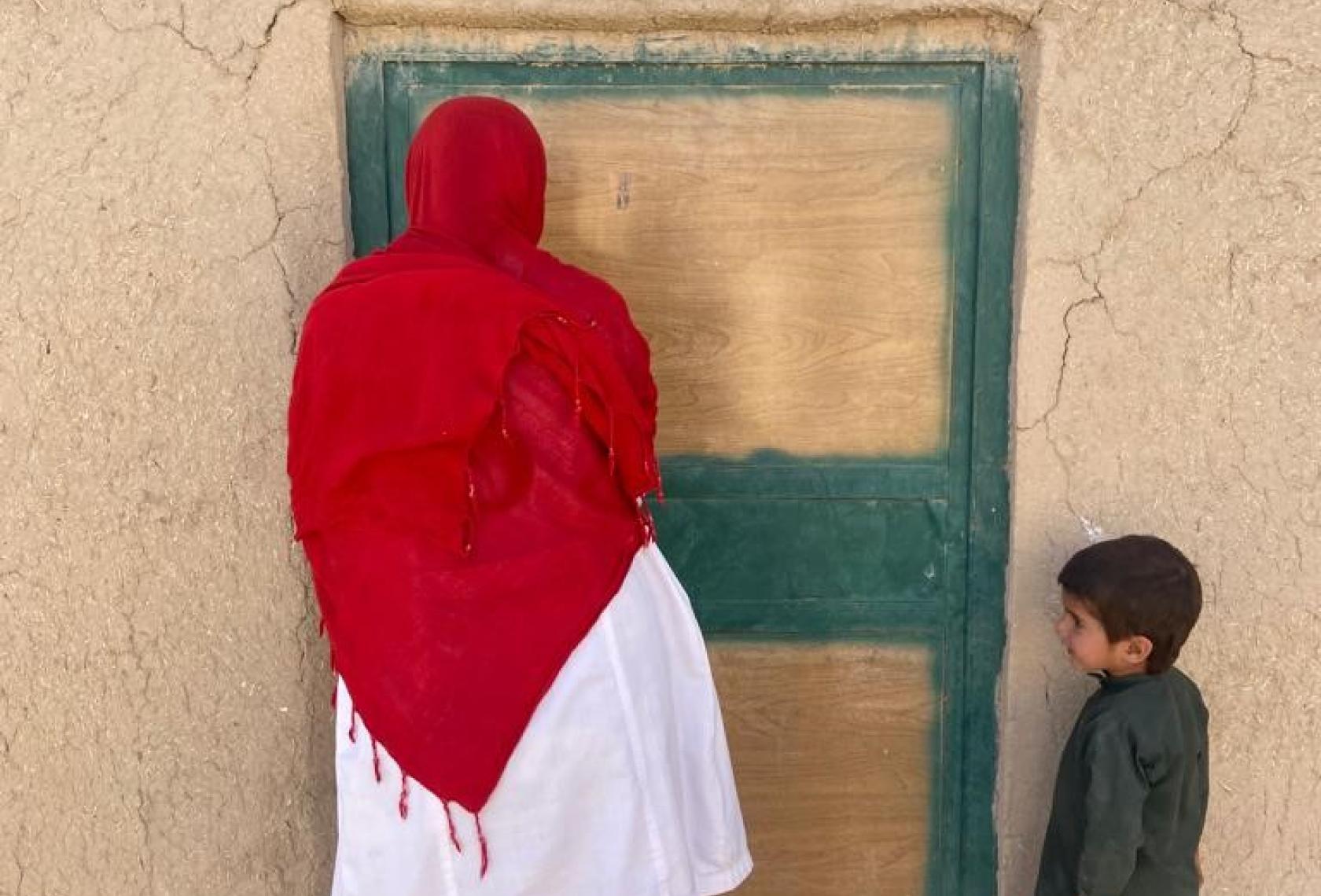
Adapting and Sustaining: Responses to the Taliban Takeover and Health System Disruption in Afghanistan
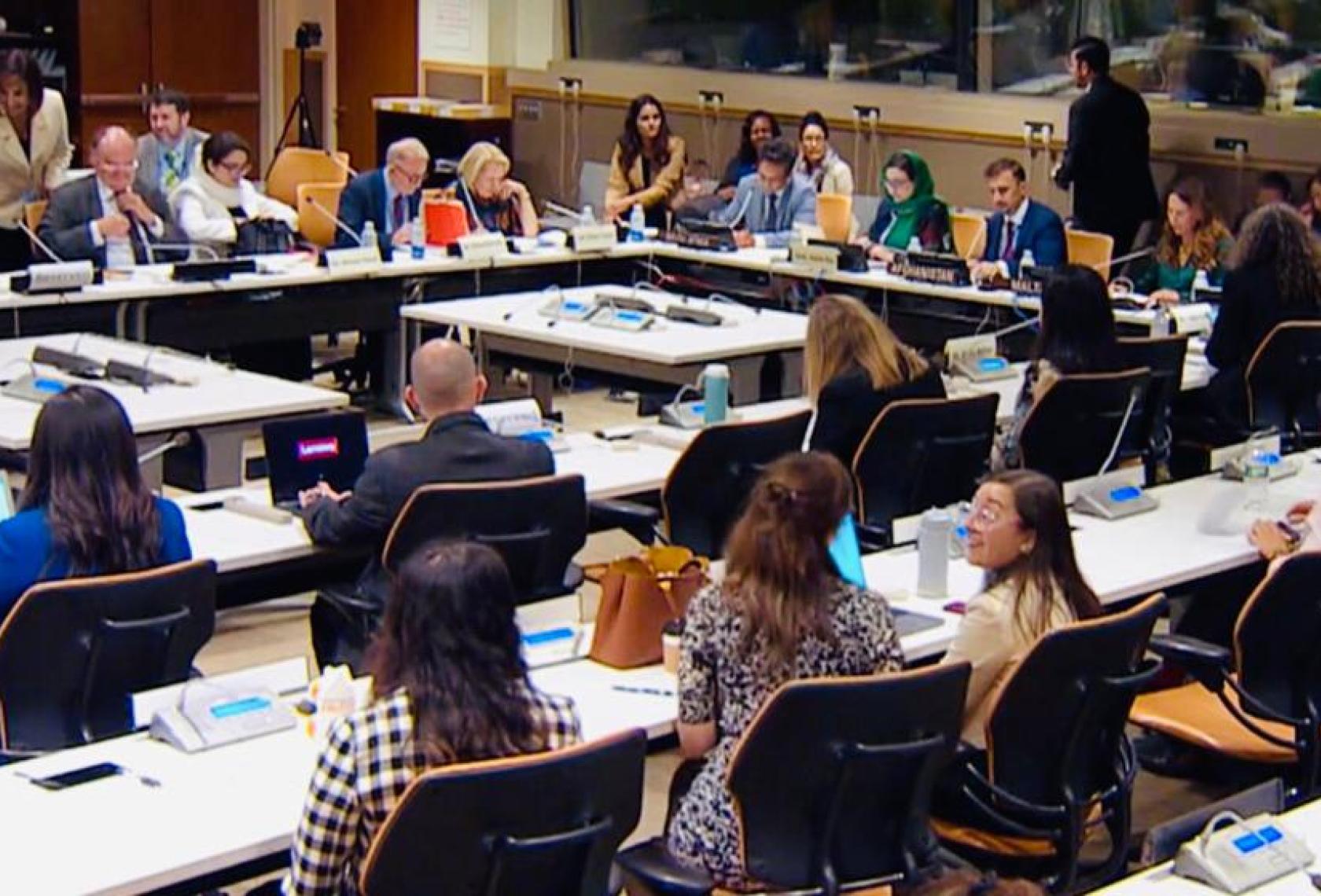
Combatting Gender Apartheid: The Situation of Women and Girls in Afghanistan

“Bright Spots”: Challenges and Opportunities for Sustained International Engagement in Afghanistan
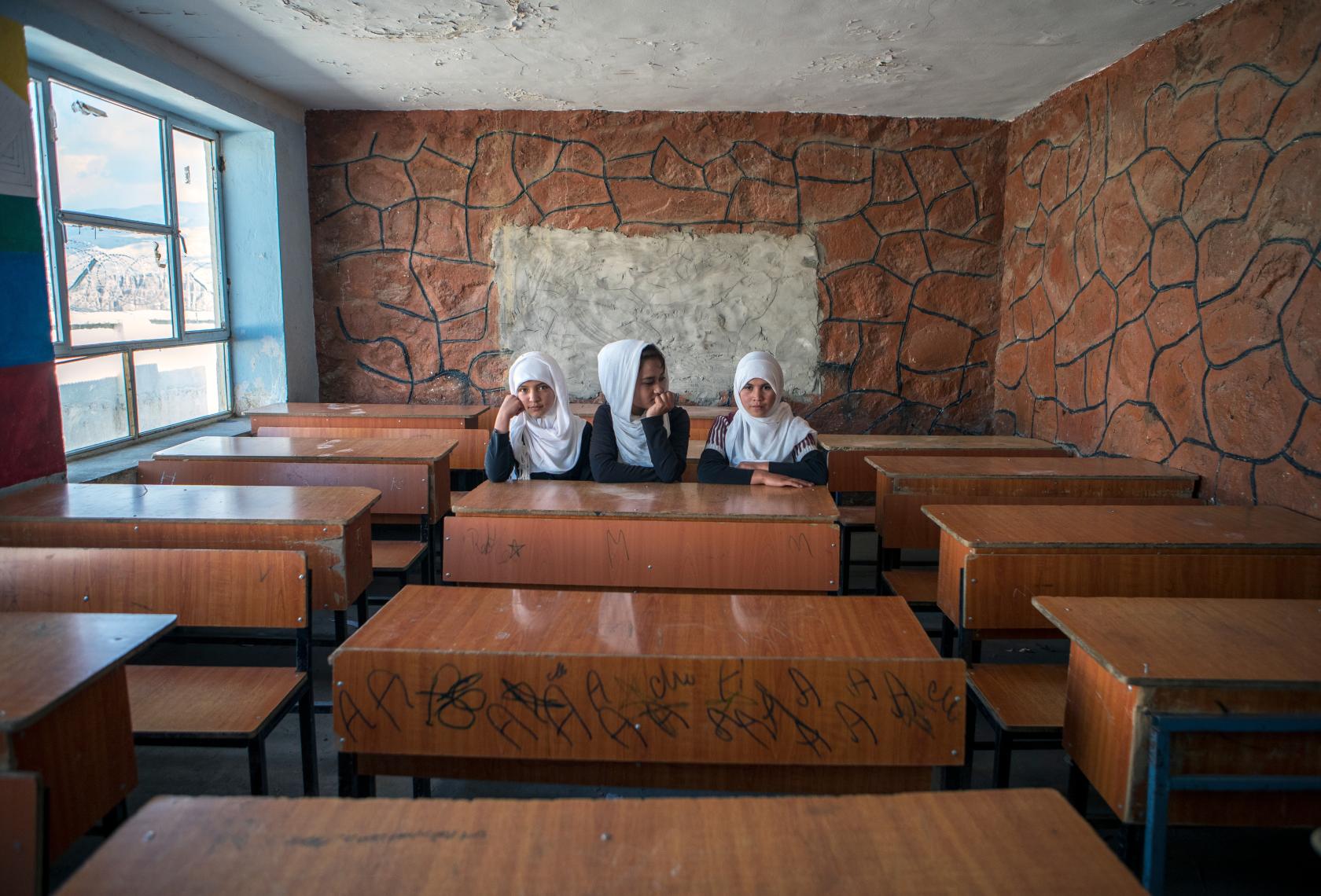
The War on Schoolgirls: Responding to the Education Crisis in Afghanistan
Insights, Interviews, & Reports
Upcoming Events
Past Events
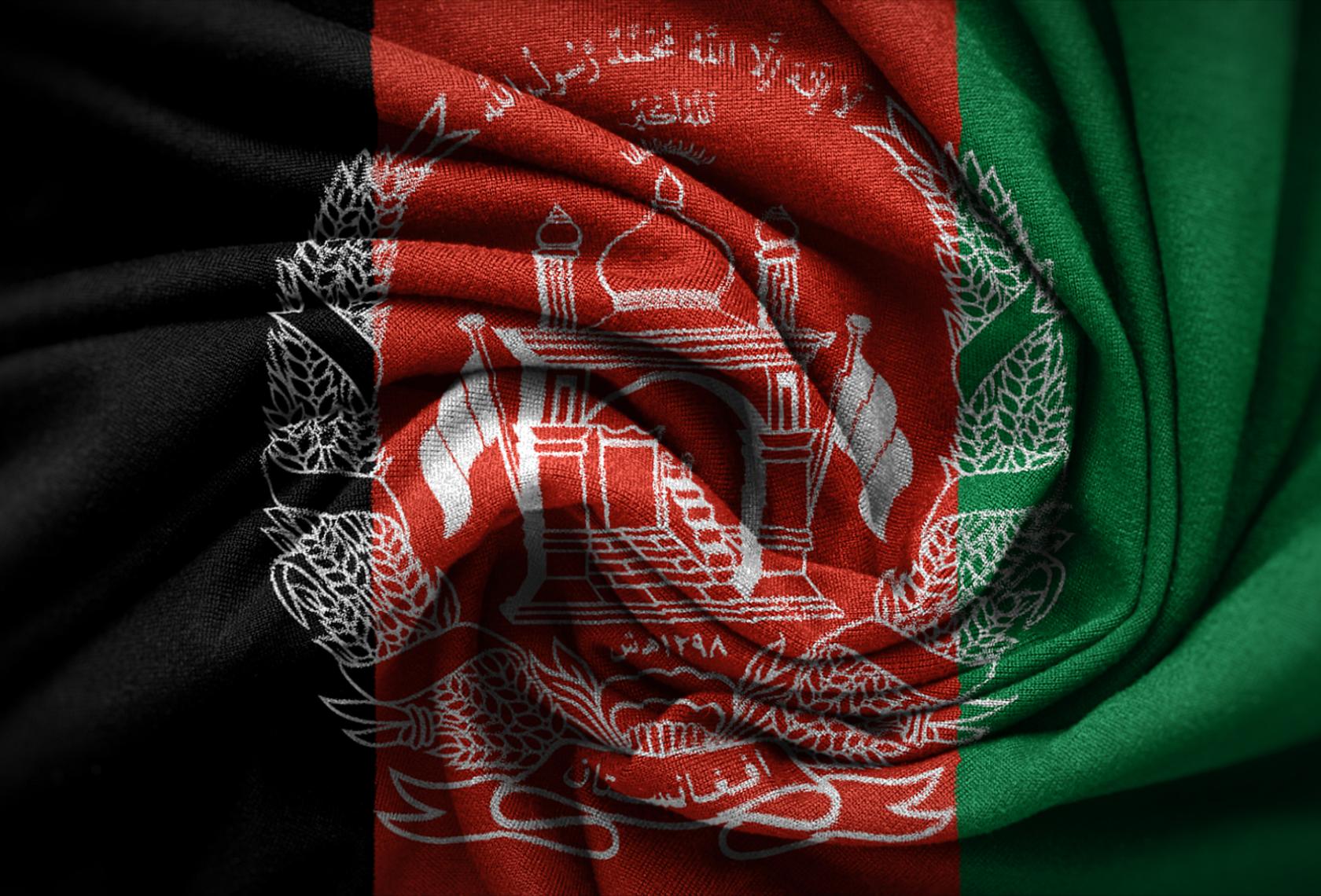
Announcing the SPIA Afghanistan Policy Lab Initiative

“Our School is committed to being responsive to needs within the global community and providing humanitarian support. We are honored to support these fellows and welcome them to Princeton — especially in the face of turmoil. Their contributions will address the impact of the U.S. withdrawal from Afghanistan and will influence policy recommendations for the country.”
Ambassador Adela Raz served as the last Ambassador of the Islamic Republic of Afghanistan to the United States. Prior to that Amb. Raz served as the first female Ambassador and Permanent Representative of Afghanistan to the United Nations. At the U.N., Amb. Raz was the Vice President of the 75th session of the General Assembly, and was also appointed by the President of U.N’s General Assembly to serve as the co-coordinator on COVID-19-related initiatives.
Before her arrival at the U.N. Amb. Raz was the Deputy Foreign Minister in Afghanistan. At the Ministry of Foreign Affairs (MFA), she managed the regional and economic cooperation portfolios and led the two major platforms: the Regional Economic Cooperation Conferences on Afghanistan and the Heart of Asia – Istanbul Process. On behalf of MFA, she helped to manage and coordinate the Brussels (2016) and Geneva (2018) Donor Conferences on Afghanistan and led the negotiations on the outcome documents.
In 2013, she served as the first female Deputy Spokesperson and Director of Communications for President Hamid Karzai.
She began her career with the U.N. Assistance Mission in Afghanistan and continued to work in a variety of positions at various international development organizations in the U.S. and Afghanistan.
Amb. Raz holds a Master of Arts degree in Law and Diplomacy from the Fletcher School at Tufts University, and a Bachelor of Arts, with honors, with triple majors in International Relations, Political Science, and Economics from Simmons University in Boston. She also earned a certificate in International Development from the Fletcher School at Tufts University.
